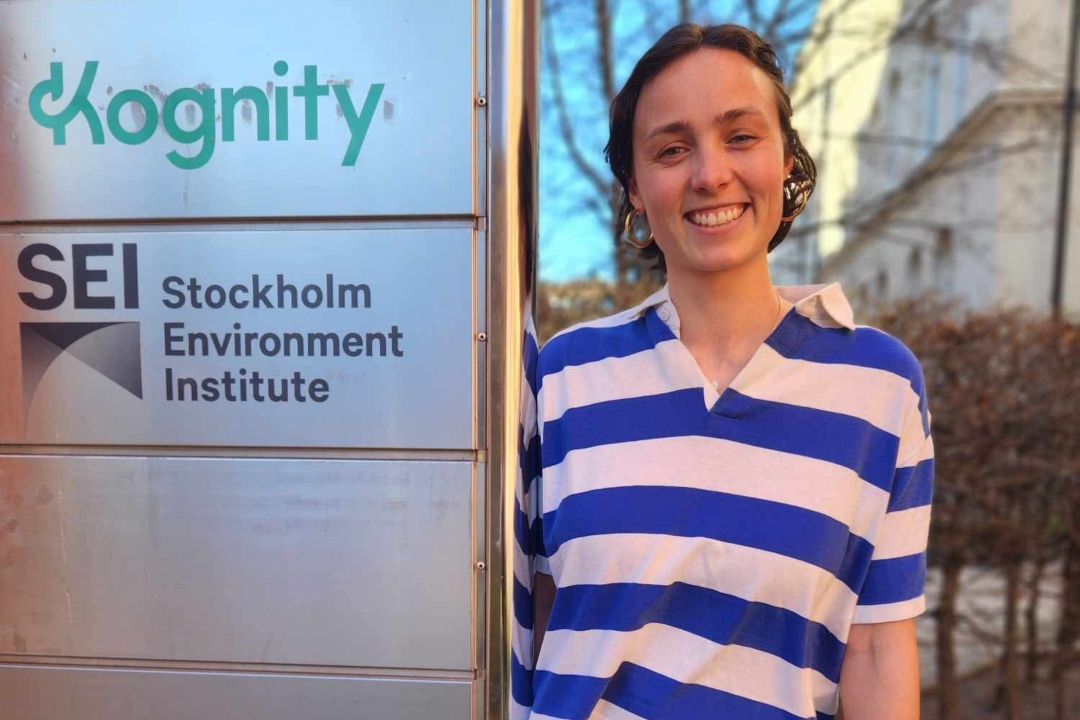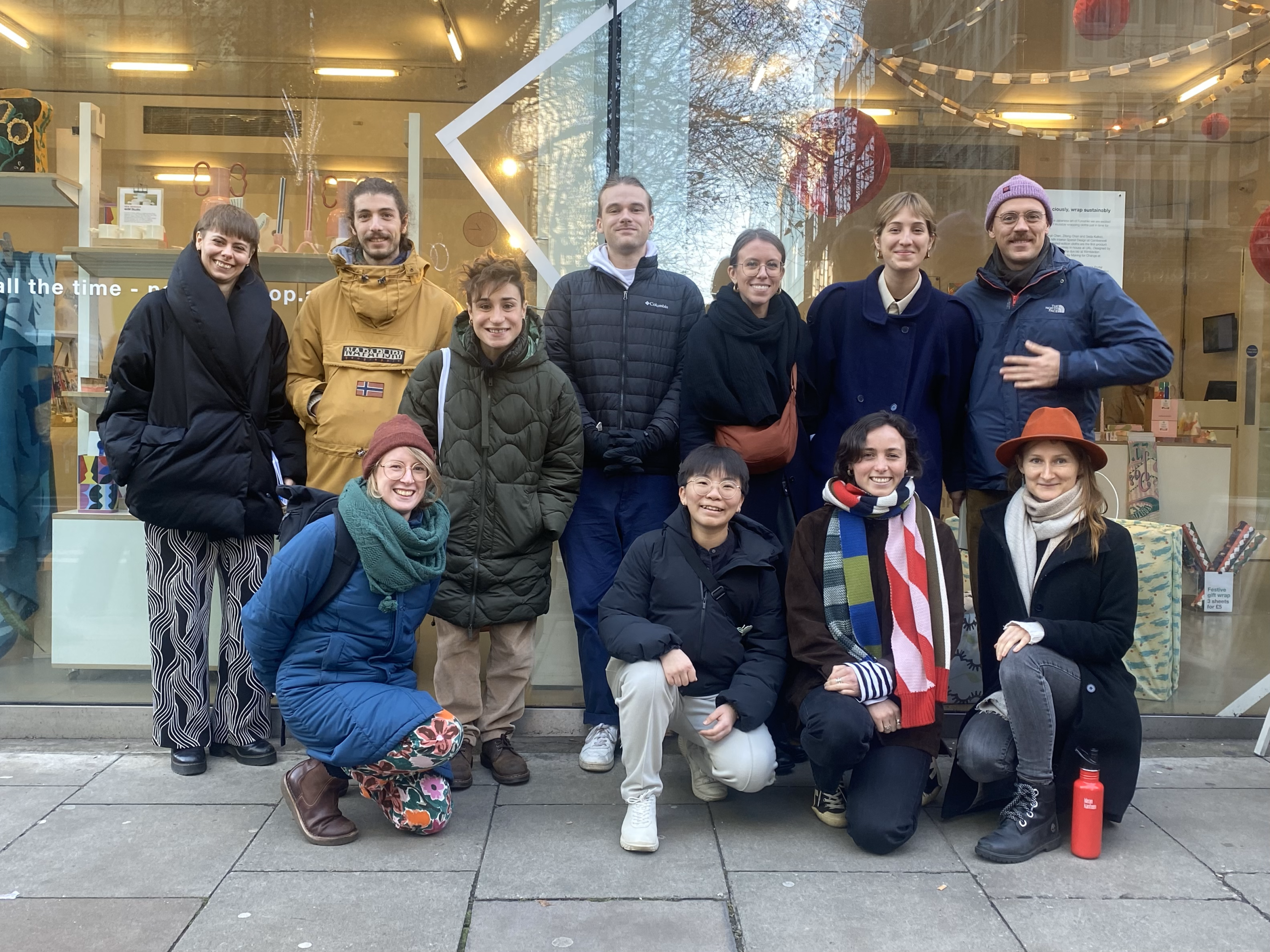Tessa Laven tells us about her secondment at the Stockholm Environment Institute in Sweden.
What research tasks or skills development are you focusing on during the secondment?
I’m based at Stockholm Environment Institute in the Rights + Equity team working on the SápmiDem project which is investigating democratic participation of Sámi communities in the context of the Nordic energy transition. I’ve been learning here about the threat to traditional Sámi reindeer herding caused by the influx of renewable energy projects being spurred on by the EU’s Green New Deal agenda. This is raising questions more broadly about the legitimacy of the Nordic energy transition, and in terms of my own PhD project, it’s bringing into focus the complexities involved with achieving ‘just transitions’, as well as where and how ‘design’ might intervene.
During my time here I’m undertaking a literature review into different cases of Sámi participation in permitting processes, as well as exploring some initial intervention points for embedding Sámi rights in permitting processes. A part of my secondment is also about exploring SEI’s work in climate transitions and learning from the range of experts here about how they are working with complexity in these contexts.
What activities have you taken part in during the secondment that have benefitted your research?
I’ve been involved in the NordForsk conference which brought together a range of funded research projects looking at different aspects of the Nordic-Baltic ‘green transition’. I’ve also been getting amongst the various seminars, workshops, and sharing sessions that are put on internally at SEI and having lots of great conversations with people about their work and the role of design.
I’m also very grateful to be included in the Rights + Equity team sessions, including listening in to seminars from visiting researchers and getting to know some of the other work the team is involved with regarding Sámi rights and land use in Sápmi. All of these interactions during my time at SEI have given me a taste of different research projects and approaches, and expanded my own understanding of climate transitions and the role of design.
What do you hope to achieve or what has been achieved during your secondment?
First and foremost is making some great connections at SEI and learning from the incredible researchers I’m surrounded by – particularly around research approaches and methods. Through my involvement on the SápmiDem project, I hope to understand how ‘rights-based approaches’ might be integrated into my PhD research regarding identifying leverage points for just climate transitions. With my Rights + Equity team colleagues, we are also exploring how to bring together our different knowledges in the form of a research paper.
What’s been your favourite part of the secondment experience?
Working with my mentors and team at SEI has been fantastic and I’ve felt so lucky to be so warmly welcomed by everyone here. Living in Stockholm and getting to know the city and the way of life here has also been a real highlight – especially as we approach warmer, longer days. My daily bike commute across the different islands, as well as the Swedish tradition of Fika will be things I will sorely miss from my time here!


